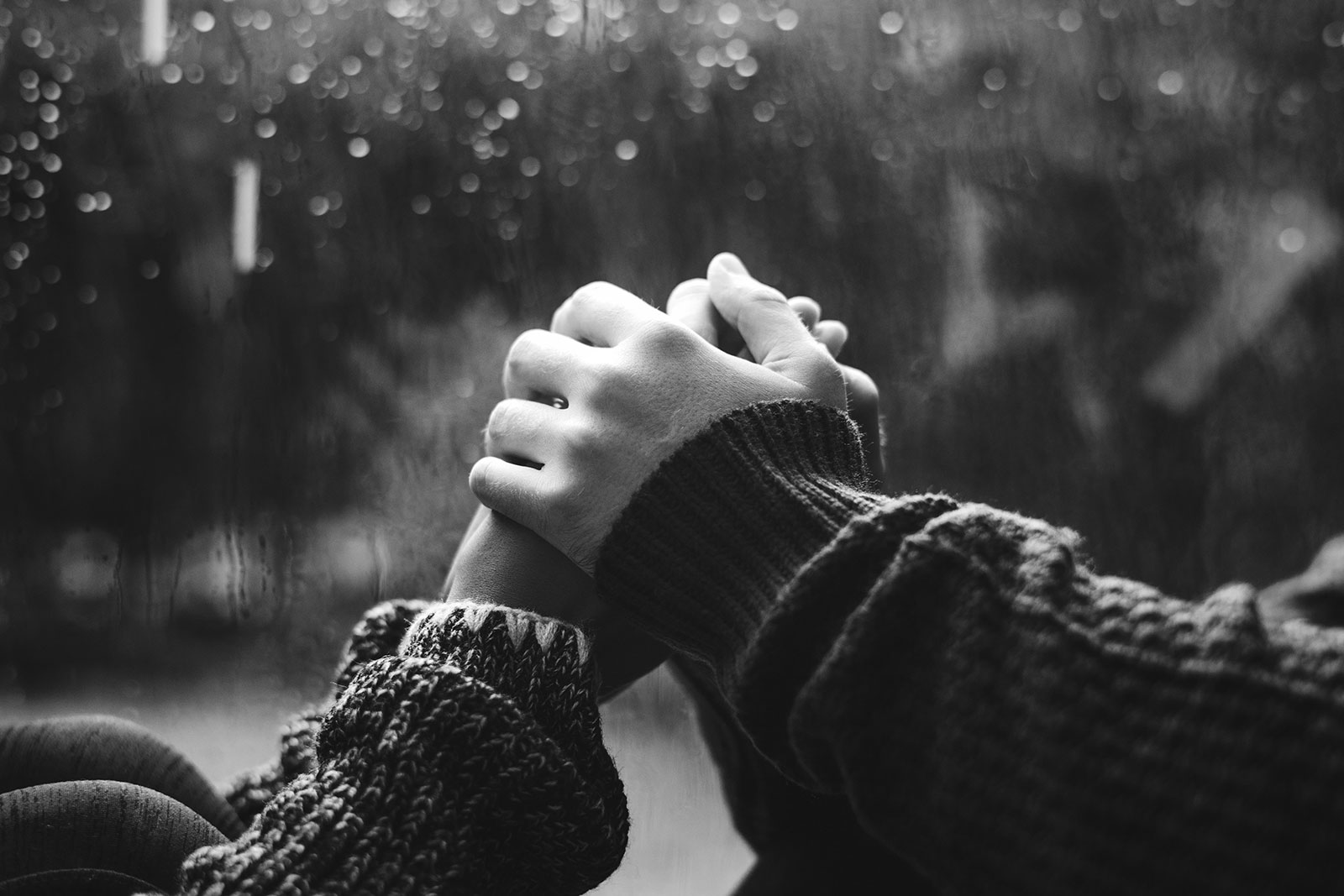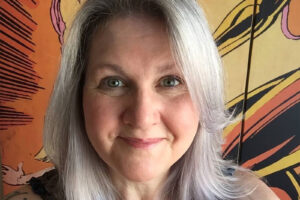A cancer diagnosis can be devastating, not only for the patient, but for their friends and loved ones, too. Unlike a lost job or a broken heart, a diagnosis may not offer easy solutions. It is a venture into the unknown, and the time between one’s initial diagnosis and a declaration of remission or no evidence of disease can be anywhere from weeks to months to years. For some, it may never come at all.
Like their loved ones, caregivers (also known as carers) are often thrown into confusing, emotionally fraught situations that may have a deleterious effect on one’s mental and emotional health. What then can be done to protect both the well-being of the person with cancer as well as the caregiver?
Caregivers are friends, relatives, or neighbors providing day-to-day, unpaid support for a person unable to complete the tasks of their daily lives. According to a discussion in the International Journal of Nursing Studies, family caregivers save the American health care system $350 billion. But while they may be financially beneficial, caregivers’ challenging circumstances are the perfect recipe for breeding physical and psychological issues. According to a 1998 study from the Victorian Carers Program in Australia, researchers found “less life satisfaction, less positive affect, and more negative affect among caregivers compared with non-caregivers, regardless of age or marital status.”
Additional studies confirm these findings. According to a 2009 report in the journal Gerontology and Geriatrics, “Hours per day of caregiving, and use of emotional, functional, and physical support were associated with mental health, and the hours per day of caregiving and use of physical support were predictors of burden.” This burden can manifest in a number of ways, from financial instability to higher levels of depression to unintentional injuries, like “falls, cuts, scrapes, and bruises ranging from minor to serious.”
And although some studies have found many caregivers find positive effects from their role (such as closer relationships and satisfaction with meeting responsibilities), it is not widespread. “Caregivers may experience both emotional distress and psychological satisfaction and growth, effects that are not incompatible,” reports the American Psychological Association. Because each caregiving situation is different from the next, there is no true way to predict one’s mental and physical outcome.
So what can be done to help the caregivers who are most in need of support? A number of organizations, nonprofits, and government initiatives across the country and abroad are working to address the most pressing concerns. Below, we’ve included a guide to some of our favorites.
This U.K.-based charity is “for, with and about carers.” Carers Trust works to improve support services for caregivers by providing a network of independent partners for replacement care and grants for caregivers to use in their own lives. They also advocate for policy changes to provide more overall support for care recipients and caregivers.
Although the AARP is best known for the support they offer people over 50, they also have a robust array of resources for caregivers, including one tailored to those caring for people with cancer. Everything from care at home to medical advice to financial and legal advice as well as finding a care/life balance is covered on their site.
CARERS WEEK
There are 6.5 million people in the U.K. who identify as carers. This annual campaign (which runs June 10 to 16) aims to raise awareness of caring in the U.K. by highlighting activities and events from thousands of individuals and organizations. Carers Week also helps people who may not identify as caregivers understand the term and access support.
Describing themselves as the nation’s “leading family caregiver organization,” Caregiver Action Network aims to improve the lives of the more than 90 million Americans caring for loved ones with chronic conditions, disabilities, disease, or the fragility of old age. Their nonprofit, CAN (the National Family Caregivers Association) provides educational resources and peer support free of charge.







